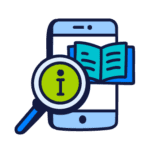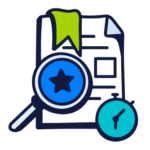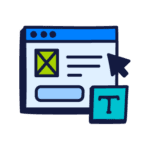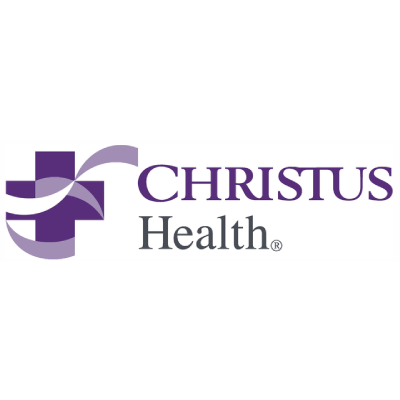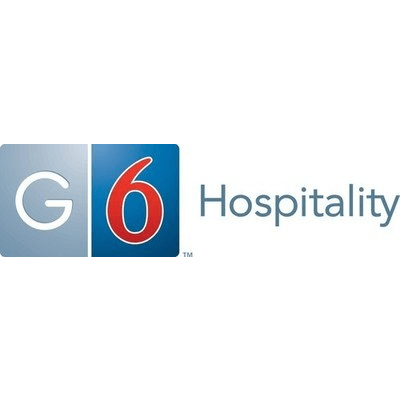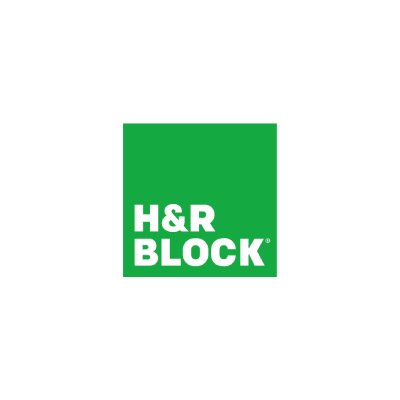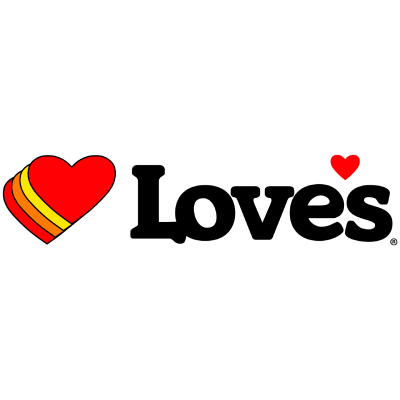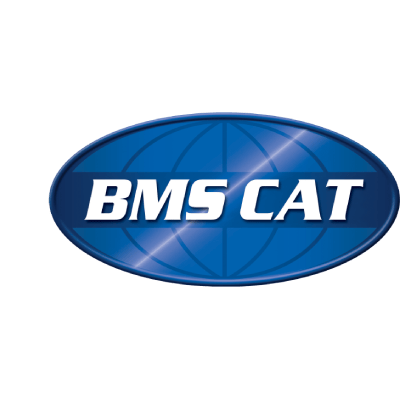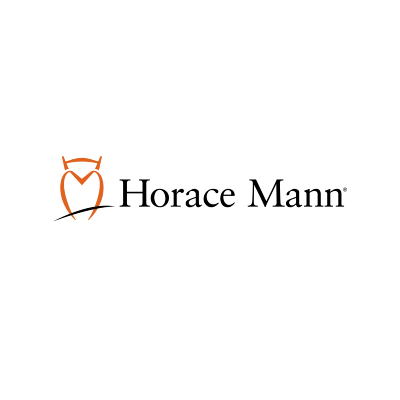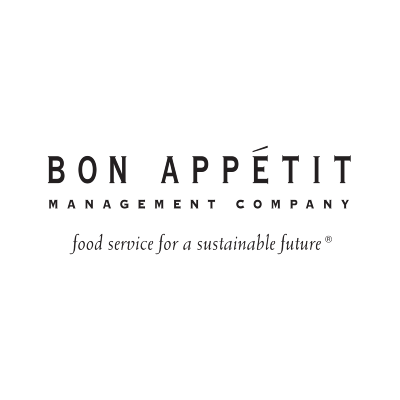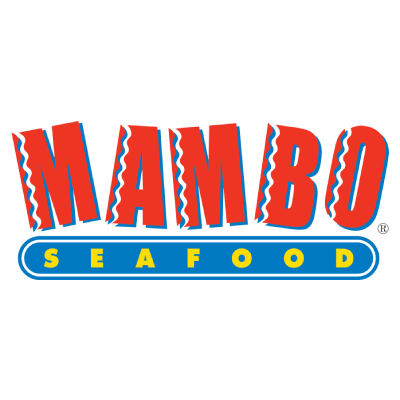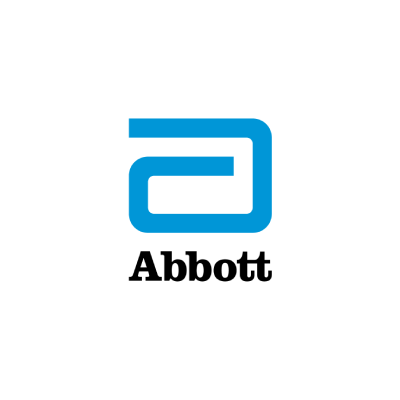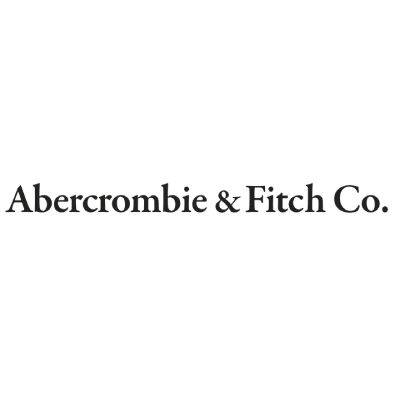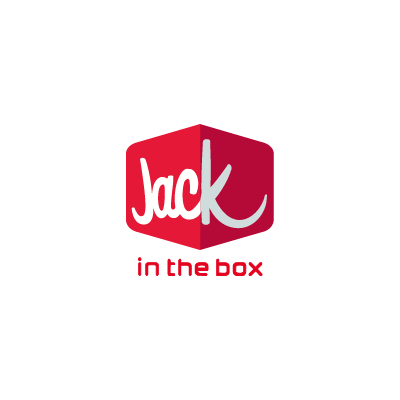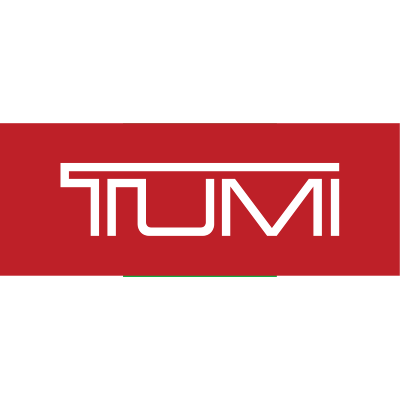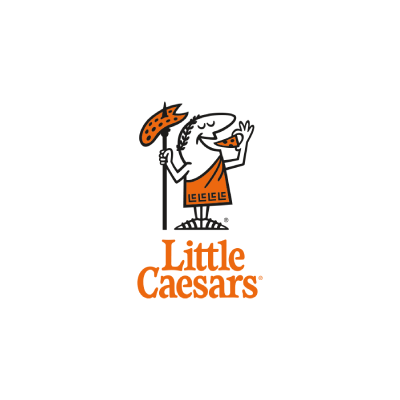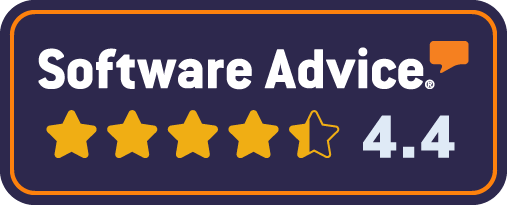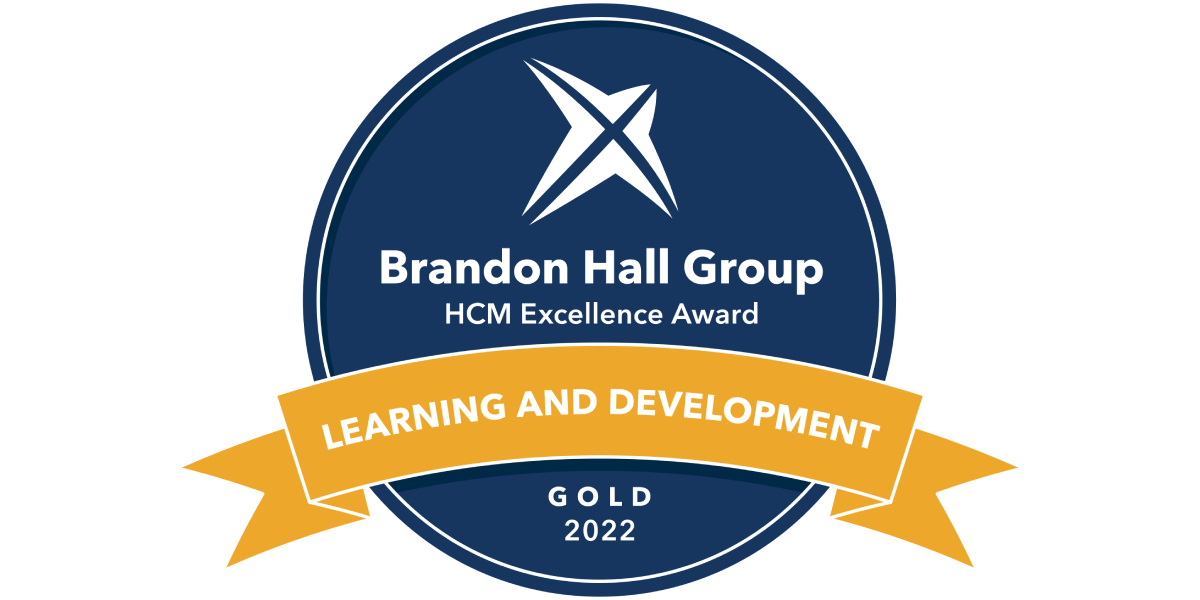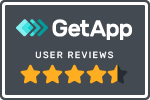![Echo360 Inkling Animation V3 1920x1080 [MConverter.eu]](https://www.inkling.com/wp-content/uploads/2024/05/Echo360-Inkling-Animation-V3-1920x1080-MConverter.eu_.gif)
- Advanced authoring tools
- A user-friendly mobile interface
- Content-rich, customized learning pathways
- Real time analytics to boost learner performance
Revolutionize Your Operational Training
Choose the pathway below, customized for your learners and their specific challenges.

What You're Looking to Solve
The Solutions You Need
What You're Looking to Solve
The Solutions You Need
What You're Looking to Solve
The Solutions You Need
Measure Your Employee Training Impact
The Inkling Platform
Digital Transformation with People in Mind
The Inkling modern learning experience platform gives your workforce a consumer-grade experience with enterprise-scale control.
- Knowledge and Training
- Content Authoring
- Learning Pathways
- InkForms
- Mobile Learning
- Integration
- Reporting & Analytics
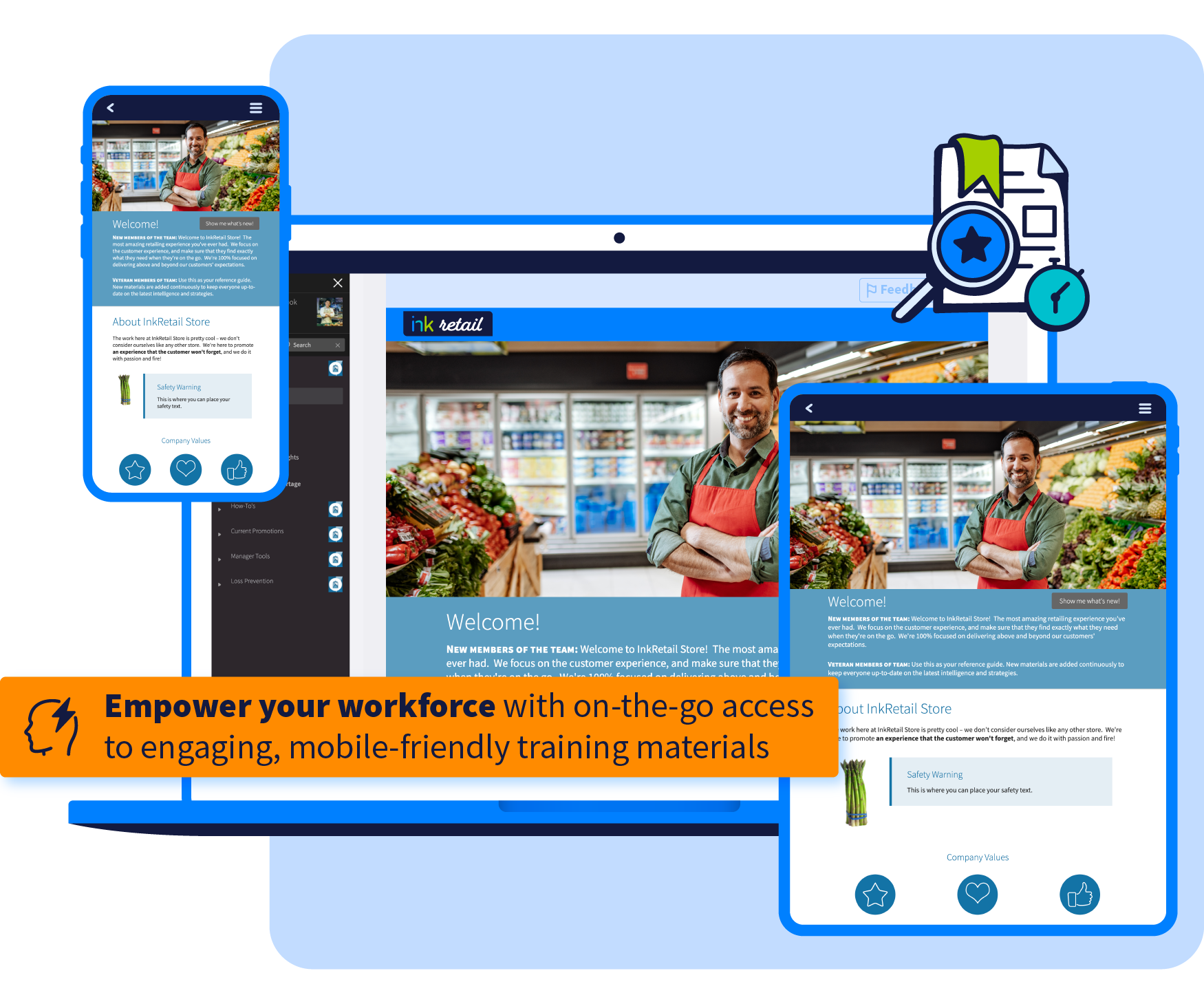
No one has time nowadays to sit in a classroom to hopefully retain content. We’ll get your employees up to speed quickly, and get them learning and improving on the job
Learn More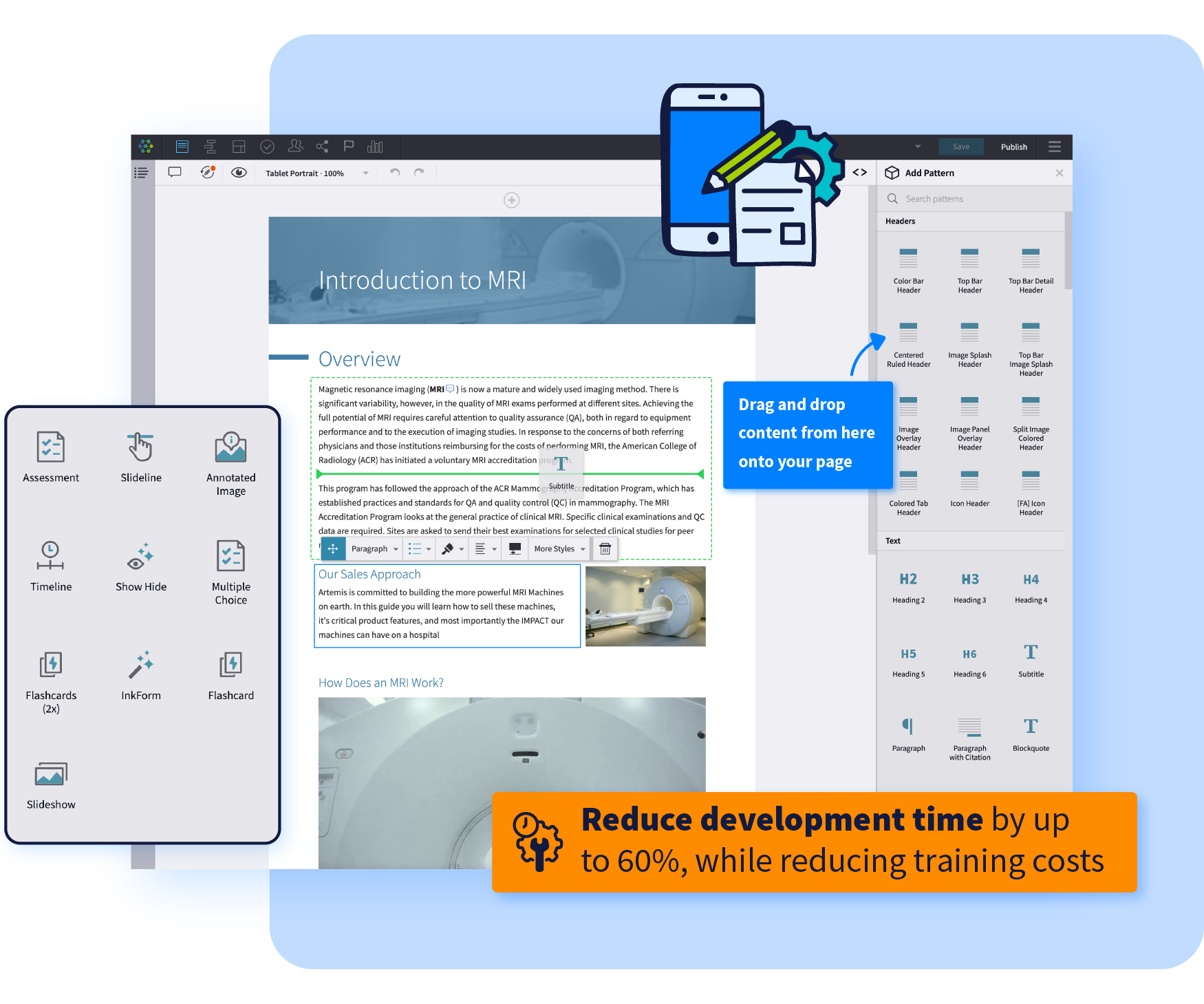
With Inkling Habitat, you get intuitive, collaborative authoring for quick content creation and updates.
Learn More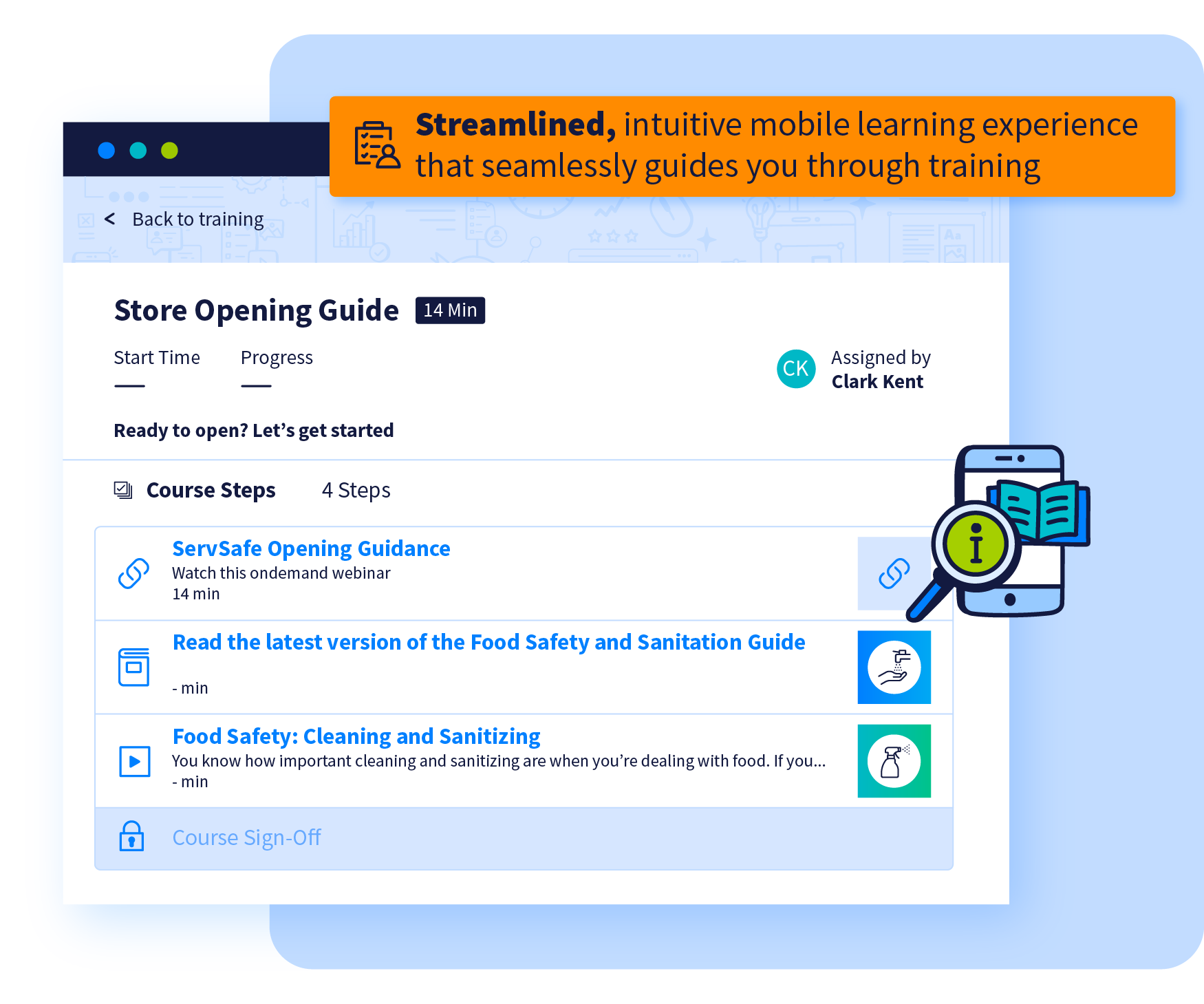
Inkling Learning Pathways powers structured learning with courses, trainer sign-off, teams, and automated assignments.
Learn More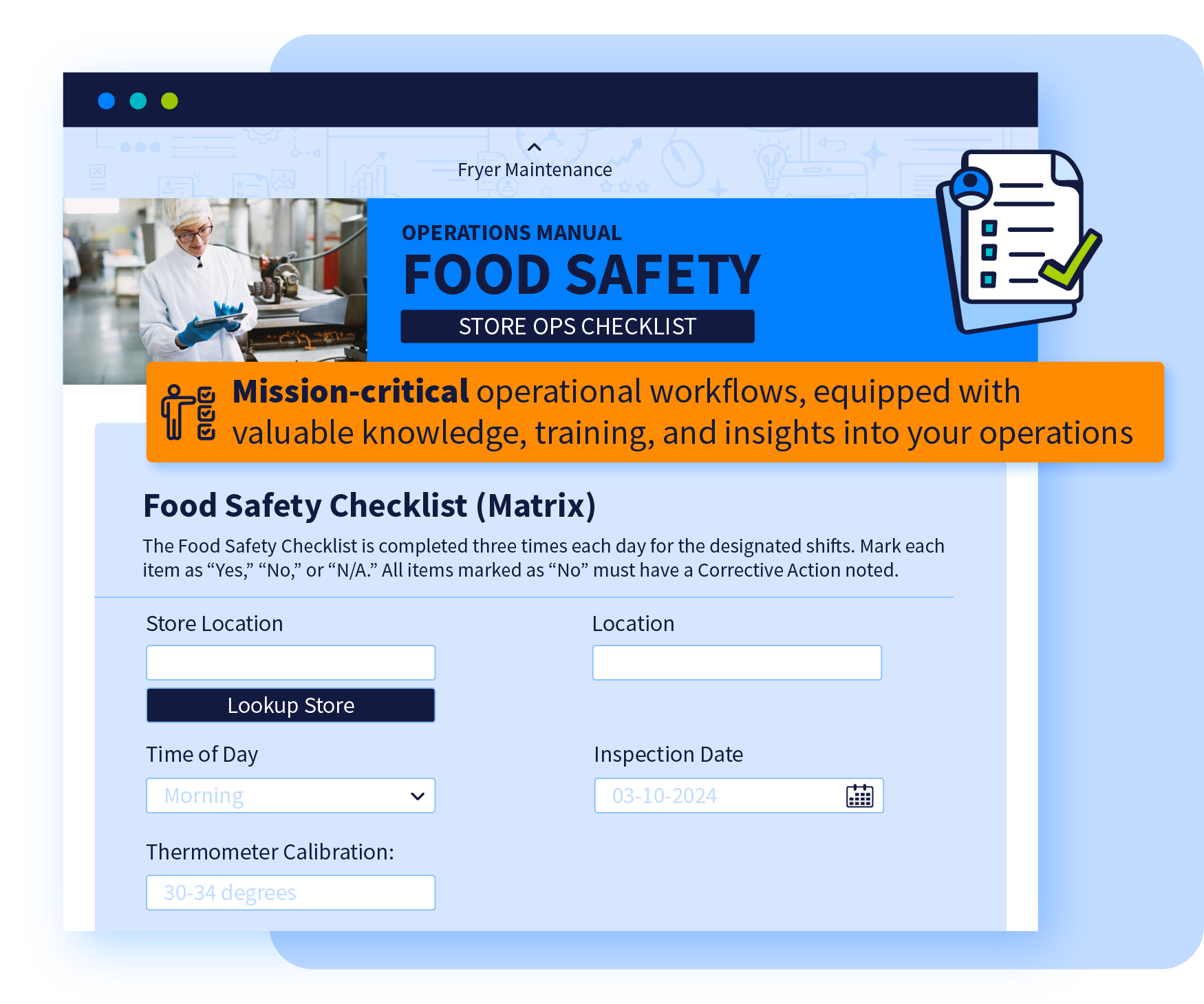
Give employees clear direction about day-to-day tasks with embedded training and gain more visibility into operations.
Learn More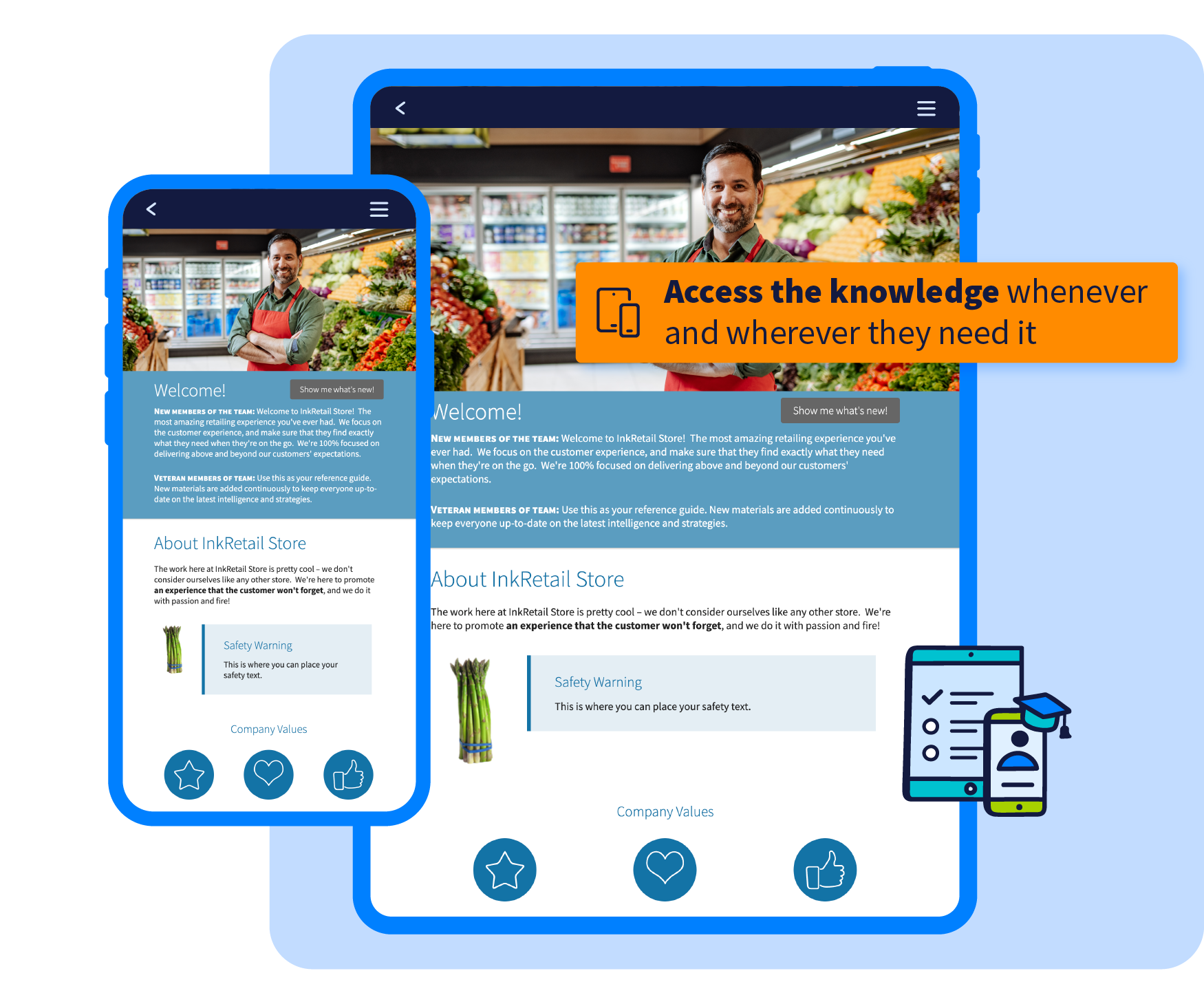
Put information to get the job done in the hands of employees — anytime, anywhere, on any device.
Learn More
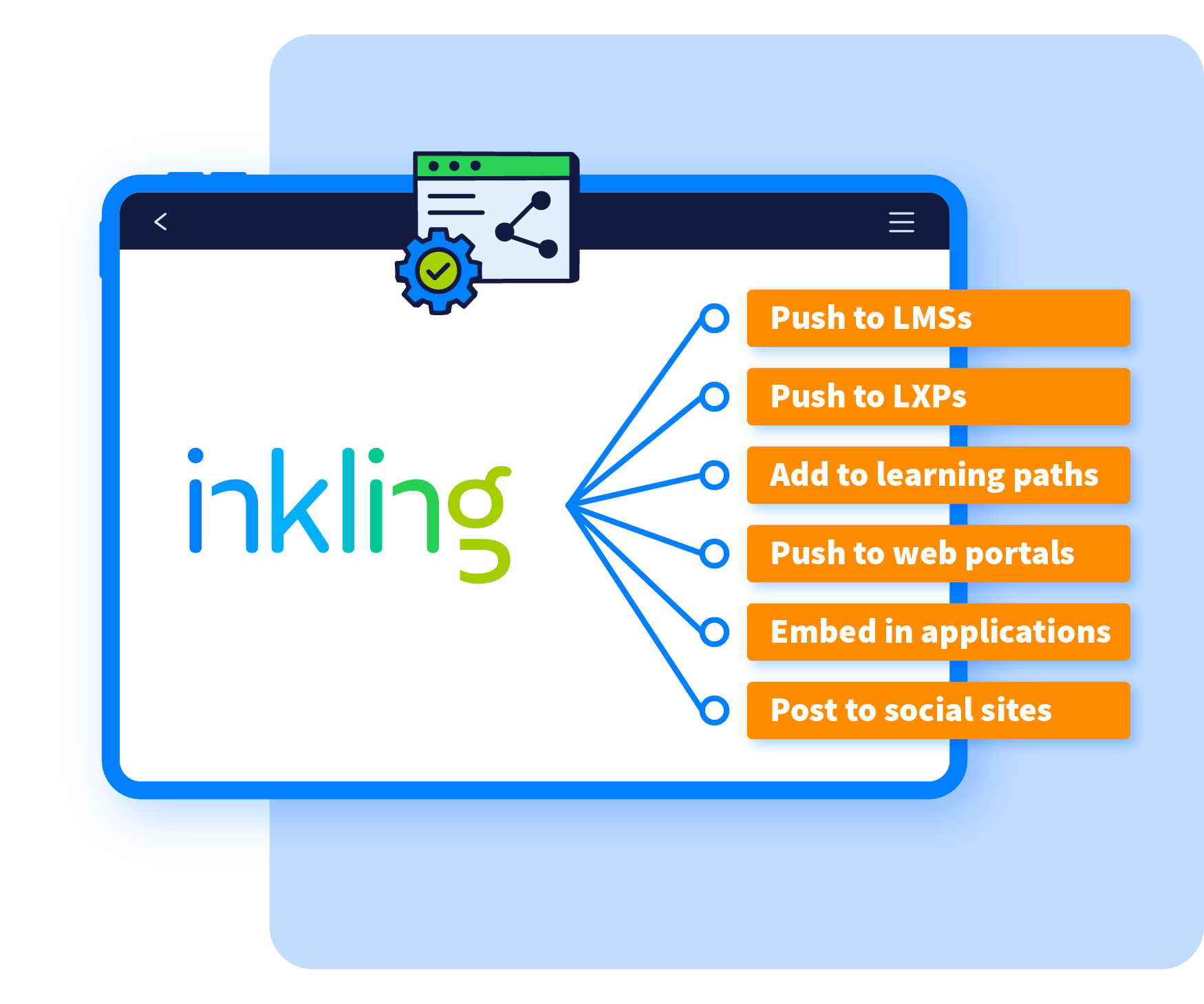
Inkling Connect gives you an Integration as a service platform for integration, including xAPI, HRIS, LMS, CRM, and other operational systems.
Learn More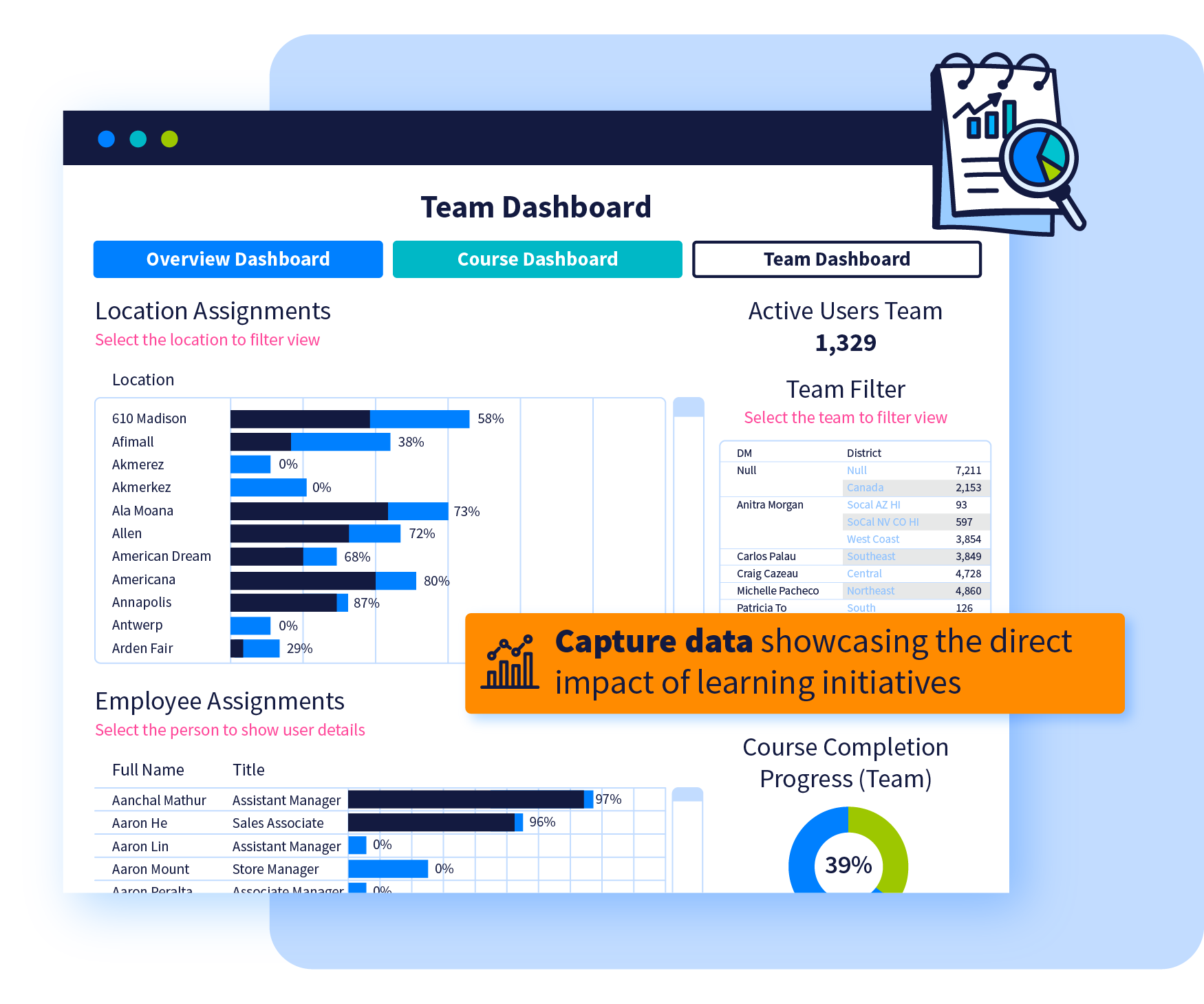
Get real-time insights across employees and locations to improve training and communication effectiveness and connect training results to business outcomes.
Learn MoreWhat We Do
We Solve Real Problems
Inkling provides frontline employee training with mission-critical knowledge for YOUR essential, frontline workers, serving as THEIR employee companion to confidently serve YOUR customers, YOUR way.
Mobile Learning
Unlock success for your workforce by harnessing the power of Inkling's mobile learning platform, enabling on-the-job learning anytime, anywhere.
Habitat
Harness your business knowledge with our lightning-fast content authoring solution, slashing development time by up to 60% and curbing training costs.
Guided Learning
Transform your certification journey with seamless mobile learning pathways; say goodbye to clunky LMS systems and hello to intuitive, work-integrated training.
Inkforms
Provide your team with crystal-clear direction and elevate their performance with our mission-critical operational workflows, designed to provide valuable knowledge, training, and insights.
Knowledge & Training
Embrace a modern approach to knowledge acquisition that prioritizes practical, on-the-job learning.
Reporting & Analytics
Empower data-driven decisions to enhance results and drive business success.
Home & Featured Content
Tailor your training experience with precision by highlighting specific pages, chapters, and documents.
Integrations
Seamlessly connect your LMS, LXP, operational tools, and communication systems, ensuring that your employees access valuable training and knowledge effortlessly.
Proudly Trusted by High-Level Organizations
we love them
what our clients have to say
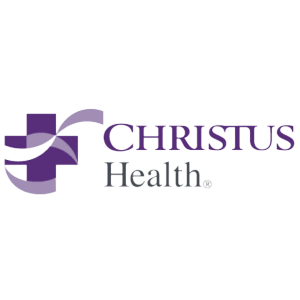
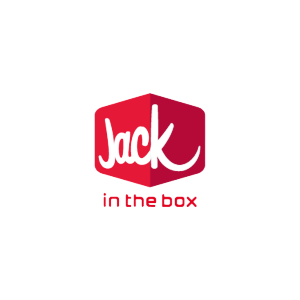
How do we stack up?
We get that everyone compares all the options on the marketplace. What we’ll tell you is that we’ve helped every customer pivot and improve their business so they can better empower their customers, employees, and partners.
Increase in Sales for New Product
Labor Savings from Improved Onboarding
Increase in Sales Productivity
Reduction in Learning Content Authoring Time
Experience Inkling
Employees adopt Inkling content at an 80-90% rate due to its robust search tools and on-the-job access to vital information. Curious to learn more about our approach?
Request a Meeting

